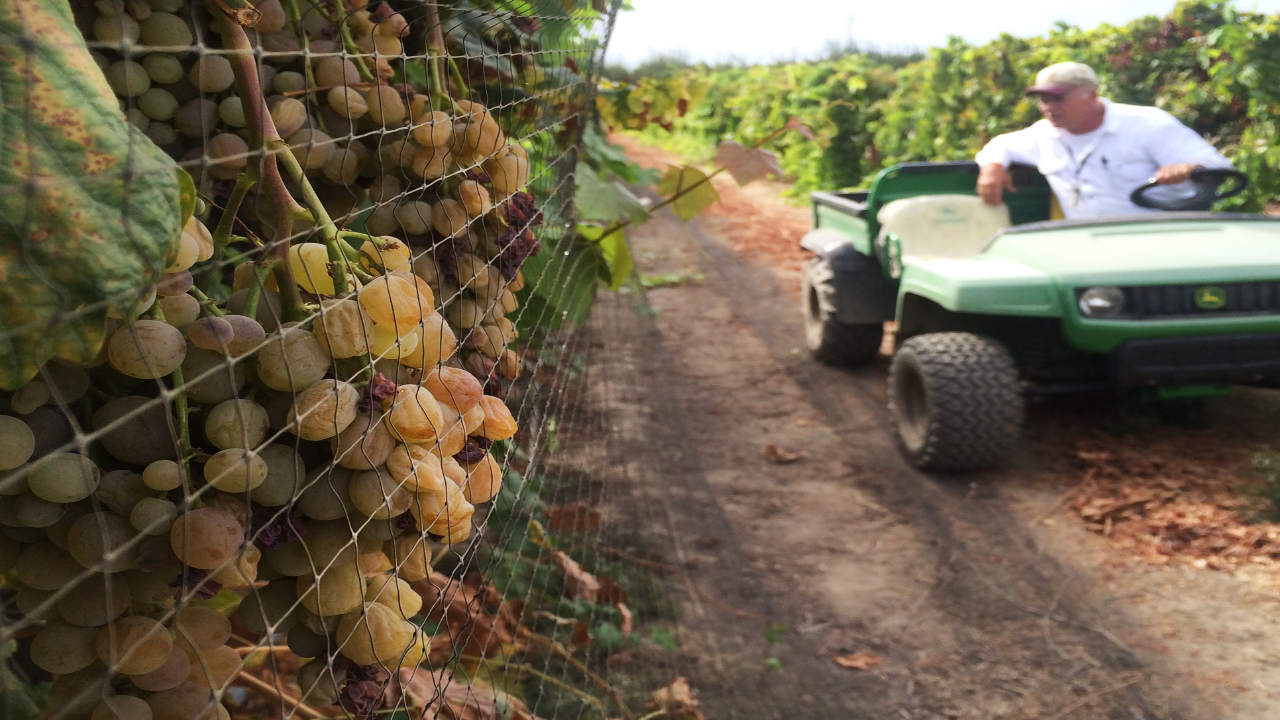Navigating the Fruity Terrain: The Best and Worst Fruits for People with Diabetes
For people living with diabetes, managing their diet is essential for maintaining stable blood sugar levels and overall health. Among the various food groups, fruits can pose a challenge due to their natural sugars. In this article, we'll explore the best and worst fruits for people with diabetes, providing valuable insights into making wise fruit choices that can complement a diabetic-friendly diet.
Can People with Diabetes Eat Fruit?
Yes, people with diabetes can eat fruit, but it's crucial to be mindful of portion sizes and the types of fruits consumed. While fruits do contain natural sugars, they also offer essential nutrients, fiber, and antioxidants that are beneficial for overall health. Moderation and choosing the right fruits are key to incorporating them into a diabetic meal plan.
The Best Fruits for People with Diabetes:
- Berries: Berries, such as strawberries, blueberries, raspberries, and blackberries, are excellent choices for people with diabetes. They are low in sugar and high in fiber, which helps slow down the absorption of sugars into the bloodstream, preventing rapid spikes in blood sugar levels.
- Cherries: Cherries are packed with antioxidants and have a low glycemic index, making them a suitable fruit option for people with diabetes. Sweet or sour, fresh or frozen, cherries make a delightful addition to any diabetic-friendly meal plan.
- Apples: Apples are a great source of fiber, vitamins, and minerals. Opt for whole apples instead of apple juice or applesauce, as the latter can be higher in sugar and lack the fiber content.
- Pears: Pears are rich in fiber and have a lower sugar content compared to some other fruits. Their natural sweetness and juicy texture make them a satisfying choice for people with diabetes.
- Kiwi: Kiwis are nutrient-dense fruits containing vitamin C, vitamin K, and dietary fiber. Their low sugar content and unique flavor profile make them an excellent addition to a diabetic diet.
The Worst Fruits for People with Diabetes:
- Grapes: Grapes have a high sugar content, which can cause rapid spikes in blood sugar levels. It's best to consume grapes in moderation or opt for lower-sugar fruits instead.
- Pineapple: Pineapple is naturally sweet and has a higher glycemic index, meaning it can cause a more significant increase in blood sugar levels. Limiting portion sizes is advisable.
- Watermelon: While refreshing and hydrating, watermelon has a high sugar content, which can impact blood sugar levels. Moderation is essential when enjoying this summertime favorite.
- Mangoes: Mangoes are delicious but are known for their higher sugar content. Consider consuming them sparingly and in smaller portions.
- Bananas: Bananas are higher in natural sugars and carbohydrates, making them a fruit to be mindful of when managing blood sugar levels.
People with diabetes can indeed enjoy fruits as part of their diet. The key is to focus on fruits with a lower sugar content and higher fiber content, as fiber helps regulate blood sugar levels. Berries, cherries, apples, pears, and kiwis are excellent fruit options for people with diabetes. While grapes, pineapple, watermelon, mangoes, and bananas should be consumed in moderation due to their higher sugar content. As always, it's essential for individuals with diabetes to work with a healthcare professional or a registered dietitian to develop a personalized meal plan that meets their specific dietary needs and health goals. With the right choices and portion control, fruits can be a delightful and nourishing addition to a diabetic-friendly diet.

